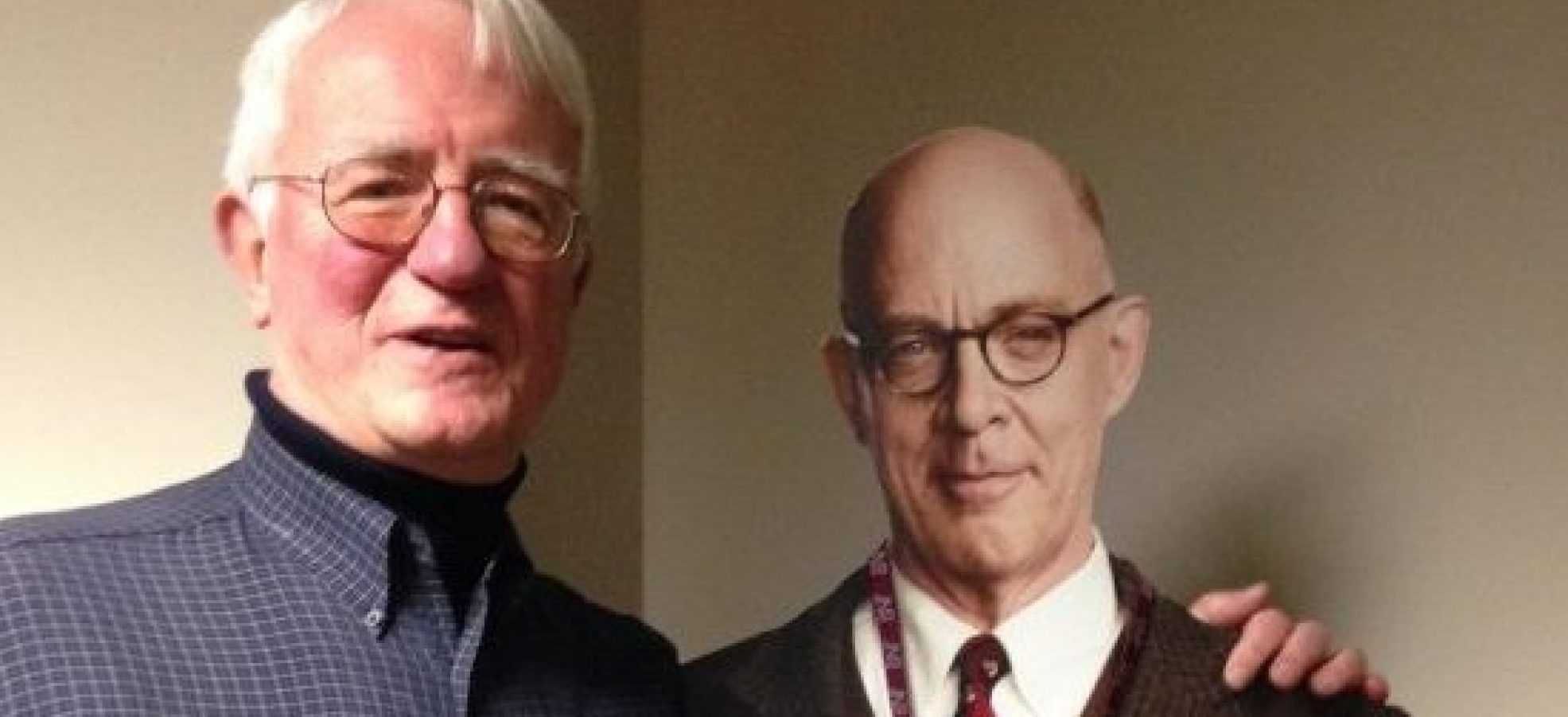It looks like nothing was found at this location. Maybe try a search?

An Inquiry into Organizations and Life – by Jim Newcomer, Ph.D,

An Inquiry into Organizations and Life – by Jim Newcomer, Ph.D,
It looks like nothing was found at this location. Maybe try a search?